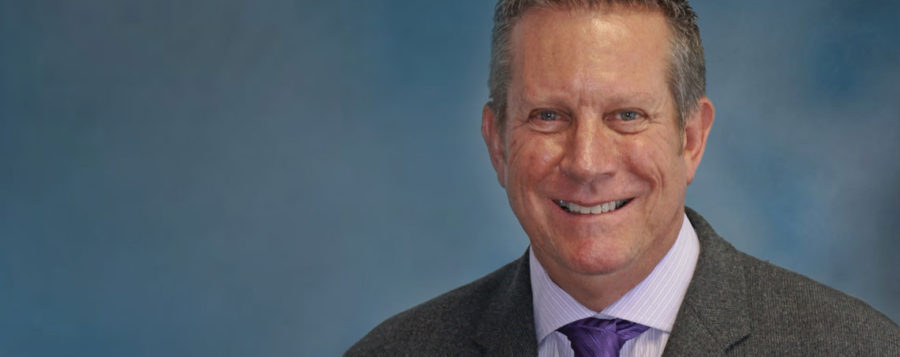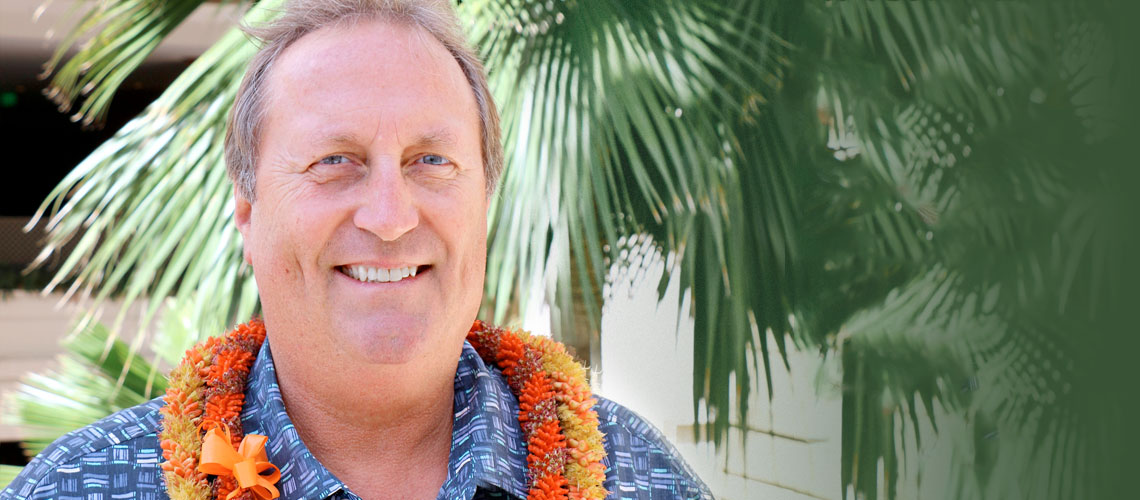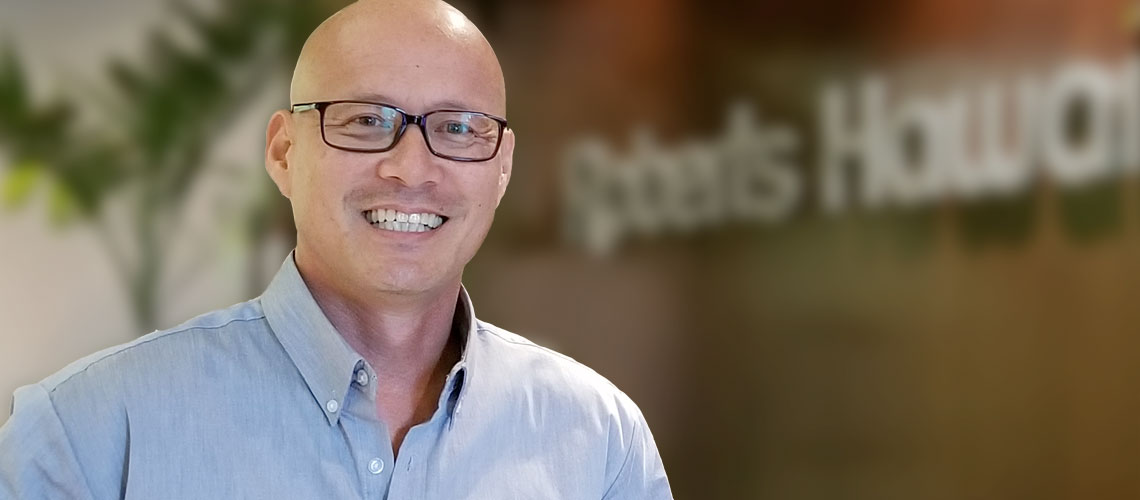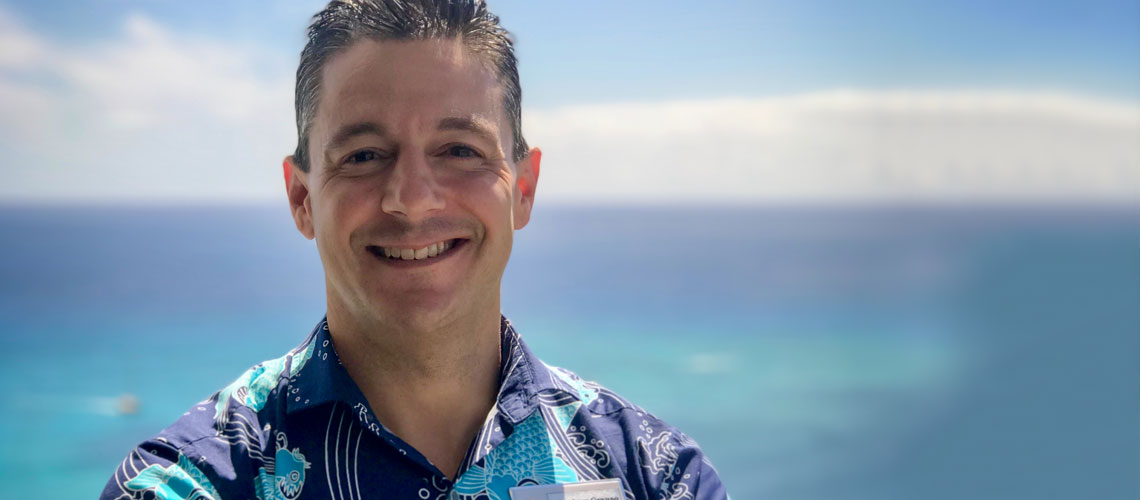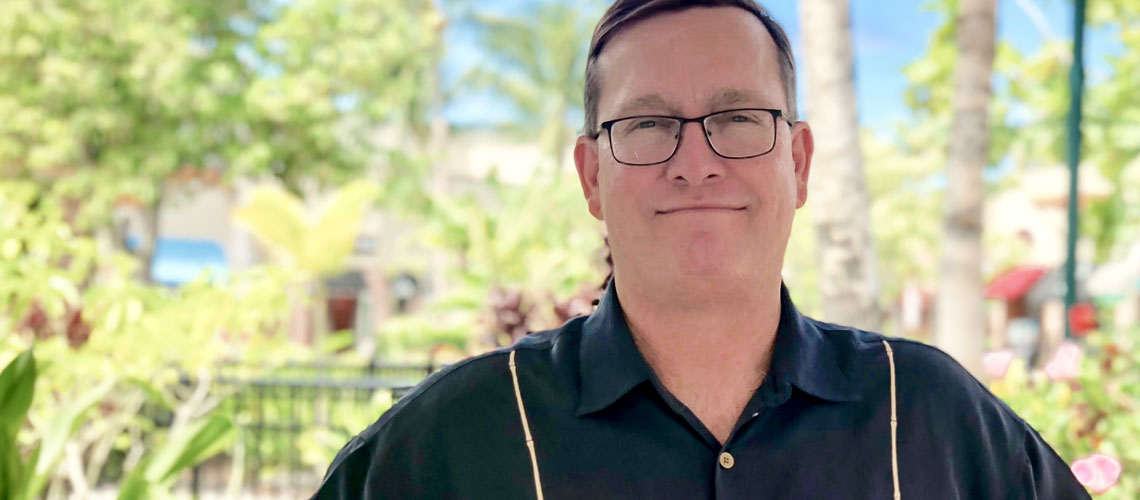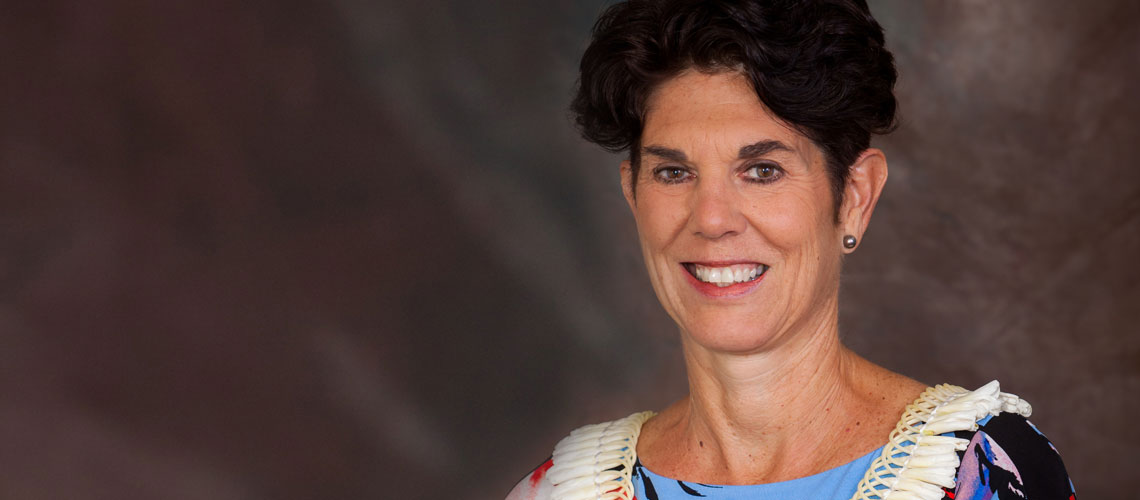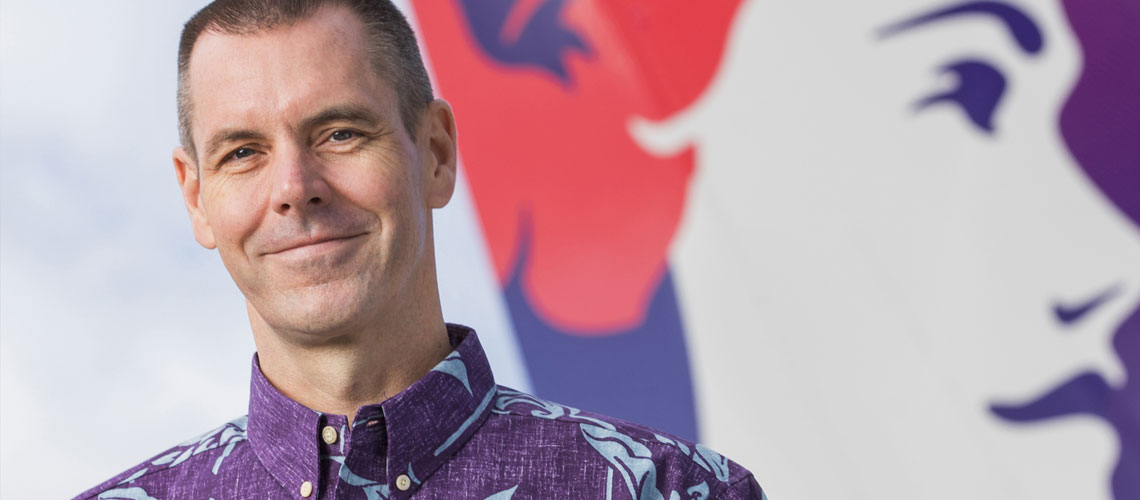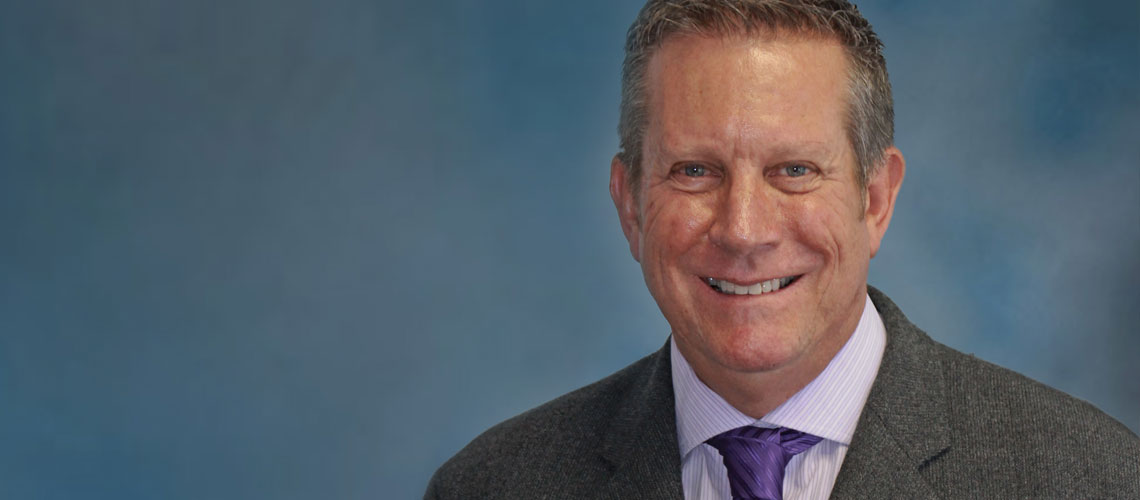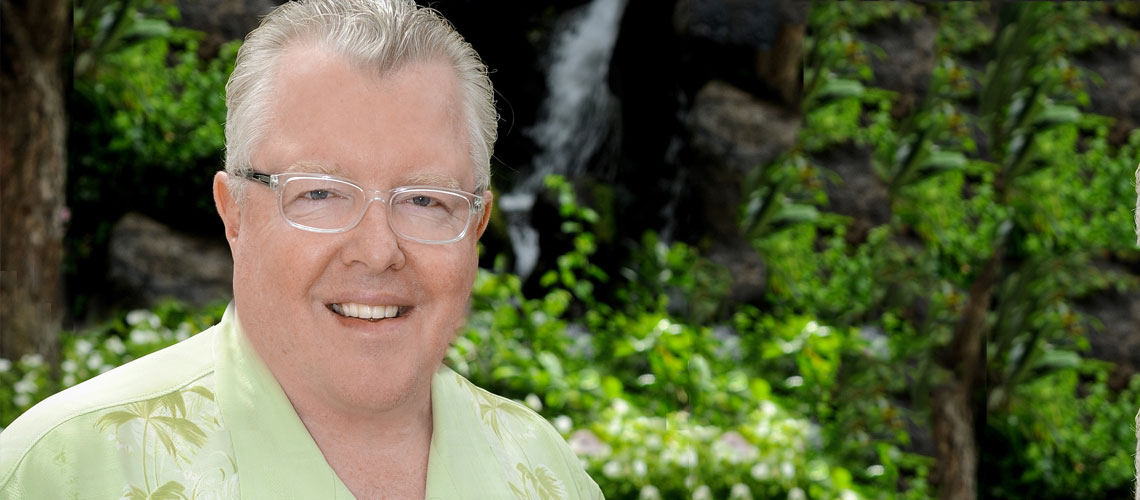You’ve held management positions for both local companies as well as global brands. How do those experiences compare?
I was fortunate enough to start my 30-year career in Hawai‘i tourism and hospitality with Hyatt Hotels when the Hyatt Regency Waikoloa opened. The individuals brought in for this first-ever destination-style resort were incredible, so I was learning from the very best in the industry. Most of the global brands doing business here in Hawai‘i have adopted a local style, but they’re more likely to rotate people in and out of Hawai‘i, which can cause issues if they don’t have an understanding of the local culture.
Local brands have a different personality to them. The majority of the individuals working at Castle are either from Hawai‘i or have lived in Hawai‘i for many years. Castle is also not very top-heavy, meaning we don’t have floors of executives. It’s a much more intimate culture with less layers of executive management to maneuver through. We are very competitive and driven to succeed, but we have more of a relaxed approach at Castle.
More and more travelers are seeking authentic, localized experiences—what’s your strategy for staying relevant in the marketplace?
Know your customer. We have a wide customer base who all expect and want different experiences: active millennial travelers, business travelers, sports teams, young families, multigenerational families and beyond. I believe the best way to help our customers find what they’re looking for is to encourage our property team to share their experiences. Our team members are the best ambassadors we have.
Customers select their accommodations primarily on location, price and amenities. The savvy traveler already has an idea of what they want to do once they arrive, but since most of our team members were born and raised in the islands, they’re ready to share a favorite plate-lunch spot, hike, beach or music venue. Being able to talk story with a local and hear how they spend their time here are all part of bringing our guests a more authentic experience during their stay.
How has Hawai‘i’s visitor demographic evolved over the course of your career? What are some initiatives you’ve spearheaded or overseen to reach and engage this new demographic?
Travel has become much more affordable over the last several decades, which has truly affected the type of customers coming to Hawai‘i. More and more people who, at one time, could never afford to come to Hawai‘i—young adults, middle income families—are now visiting the islands. We’ve seen real growth in our Asian markets, especially Japan.
Japanese customers are booking online, through vacation rental sites and staying in vacation homes, whereas before they were heavily influenced by the travel companies on where to stay—landing them primarily in hotels, and specific ones at that. That’s all changed and we’re seeing it in the Korean market and Chinese markets as well.
Back in early 2000, I was heavily involved in increasing the Japan market to the Big Island. This was a huge boom at the time, especially for the Kohala Coast. I was also president of the Big Island Group, a marketing organization that partnered with American Express Publishing to create the Big Island Festival, combining several long-standing food and wine events into a multi-day food, wine, music and cultural event spread amongst the Kohala Coast hotels. We had Food & Wine’s best new chefs as well as our local celebrity chefs and wine sommeliers. We even had food competitions in an Iron Chef format, with Chef Morimoto as the facilitator. This really helped bring awareness to the local food scene at a time when Hawai‘i wasn’t considered an epicurean adventure.
What advice do you have for the next generation of hospitality leaders?
Communicate, communicate and communicate—to your team, your guests, your owners. For your team, set the expectations, hold your team accountable to those expectations and know that there will be mistakes along the way.
Respond immediately if a customer has an issue because a problem that goes neglected can become a disaster. Keep your owners informed of the good as well as the bad. This is a tough business, and there are times you will fall short of expectations—be honest about it.
At the same time, this job can be thankless, so when praise is due, don’t be afraid to promote your success—just do it in a way that praises your entire operation and team. If you won’t do a certain job, how can you expect one of your team members to do it? I always like to say that my title just tells me where I’m supposed to show up in the morning. Don’t be afraid to jump in now and then to help.

